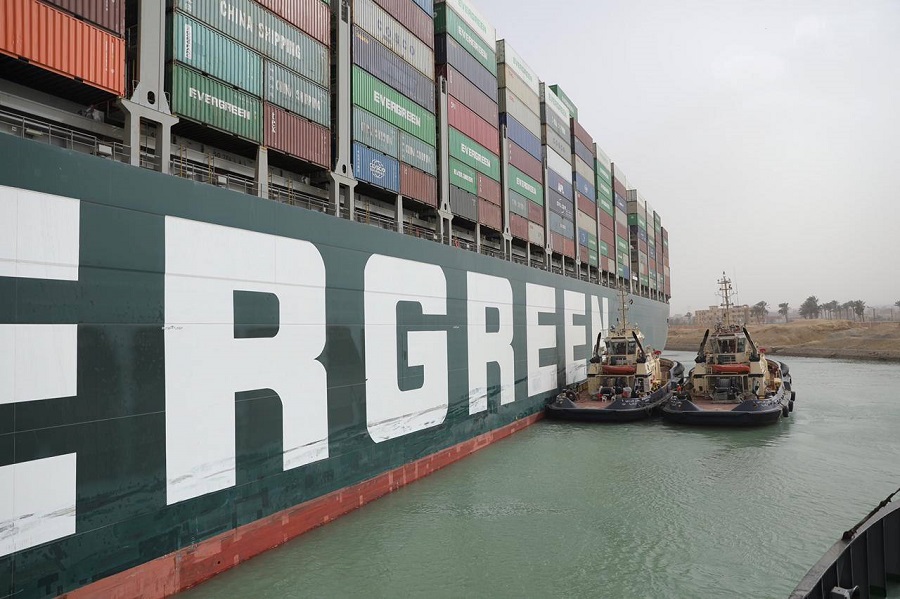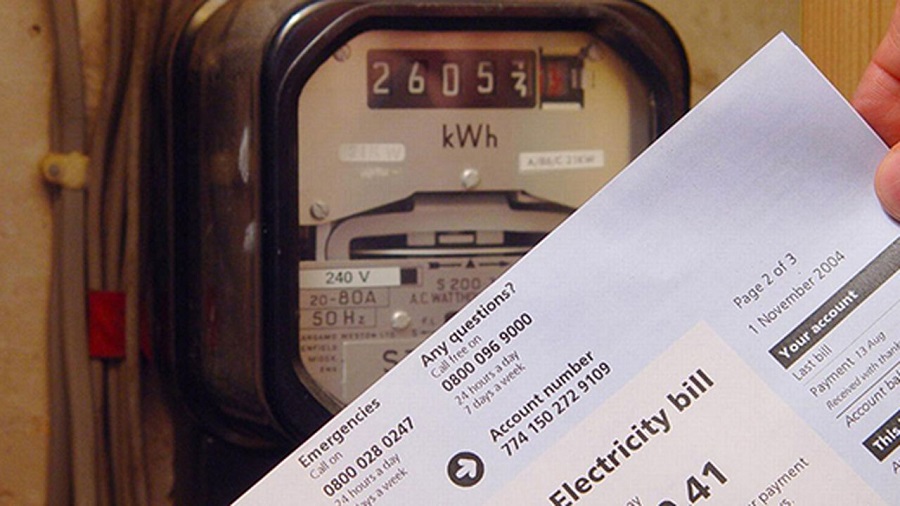On the 25th March 2021, the flow of transportation in the Suez Canal was interrupted by a blockage from one of the World’s biggest cargo ships, ‘The Ever Given’- operated by the Taiwanese company Evergreen marine. About 12% of global trade dependent on effective transit through the Suez Canal which provides the shortest connection between Asia and Europe. Growing concerns have been raised about the effect of the World’s largest maritime hold-up on the global economy, and Nigeria may not be left out.
The Suez Canal can be seen as a major artery to global trade, and with the effects of the Covid19 pandemic still wearing off, the world may not be able to afford continuous interruptions to globalization. The Ever Given cargo ship is substantially bigger than the Eiffel tower and the empire state building. The ship is 400 meters long and wedged diagonally across a canal that is not more than 200metres wide.
READ: The Nigerian economy is increasingly dollarized but there is a way-out
In 2017, a Japanese container vessel blocked the canal due to some mechanical issues by which the response from the Egyptian authorities was swift in developing tug boats to rectify the situation, in hours. However, regular measures have yielded sub-optimal results. According to the Suez Canal authorities, nearly 9000 ships pass through the canal in 2020, averaging 51.5 ships per day.
Information contained in a Bloomberg report reveals the breakthrough in the rescue attempt came after diggers removed 27,000 cubic meters of sand, going deep into the banks of the canal. The authorities noted that while the ship is floating again, it wasn’t immediately clear how soon the waterway would be open to traffic. Nigeria is a highly import-dependent consuming economy with a large percentage of its revenue dependent on oil export, may find herself susceptible to globalization shocks.
Nairametrics had a chat with the Vice President and Head of Trade & Marine Operations, Gladius Commodities Limited, Okojie Larry on the impact of the blockage on the Nigerian economy he said, “For Nigeria as a country that is dependent largely on imports, we could experience a further rise in prices in goods in general, i.e., clothes, food, oil produce, etc. due to delays or inability for vessels to sail to their destination”.
READ: Nigeria now locally manufactures gas cylinders
Larry also suggests that clearing the Suez Canal blockage may take a while, saying- “This could take days or weeks at most. Companies will lose money as goods won’t be able to get to final consumers. Increase in demurrage leads to a high cost of the product. For a supplier that has a fixed price, the deal might end up being losing transaction. We will also experience a higher cost of freight as vessels/ships will have to take the longer route. Here, stakeholders in the maritime industry will therefore take advantage of the price hike.”
Opeoluwa Dapo-Thomas, Private Oil Market Trader affirmed the Suez Canal blockage impact on the Nigerian economy but suggests that it may be negligible- “Geographically, the Suez Canal might be far away from Nigeria but Nigerian imports and exports which might follow that route will be delayed. But this is an issue where majority of the brunt will be on vessel owners and insurance companies. As it is a short-term hassle, there’s little effect it can have on the Nigerian economy”.
He also speculates that “companies that will benefit are those who can find faster routes or ways to deliver but it is a difficult arbitrage opportunity to profit from. The losers are insurance companies and consumers and sellers of the goods currently stuck. To evade that route through The Cape of good hope will require more expenses and time.”
READ: Lake Chad: FG engaging stakeholders on recharging the Lake – Buhari
Sources near the canal claim that the ship has already refloated partially but shipping executives claim it does not mean anything unless the normal traffic resumes. Furthermore, even after the traffic recommences, conveyance of crude oil will now be delayed. Hence, the cascading effect of the world’s largest marine hold-up is more evident as crowding at the load and discharge ports will result in significant demurrage costs and also insurance claims. Moreover, fuel oil cargoes programmed to arrive in the second half of April could be tardy. Some analyst believe that the current impact of the Suez accident is not huge, especially due to mitigating factors from Asian refiners increasing their low sulfur fuel oil production because of high cracking margins.
A source in the oil ministry with knowledge of the matter informed Nairametrics that Nigerian businesses were already incurring demurrages due to the situation. “We are incurring demurrage on goods being transported through that route, also liquidity in terms of market switch is impacted,” the source said.
When asked about the impact on the oil price, he had no direct comment. However, he did say, “There’s enough marine volumes already, Nigeria basically keeps inventory on the high sea”.
What this means:
- Possible hikes in food prices in response to an increase in production cost caused by the Suez Canal blockage.
- Further increase in oil prices due to speculative motive, however, this may be short term and market may correct to align itself with the forces of demand and supply.
- Suez Canal blockage sheds more light on the shortcomings of Globalization and the need for a faster and more effective alternative route.





















